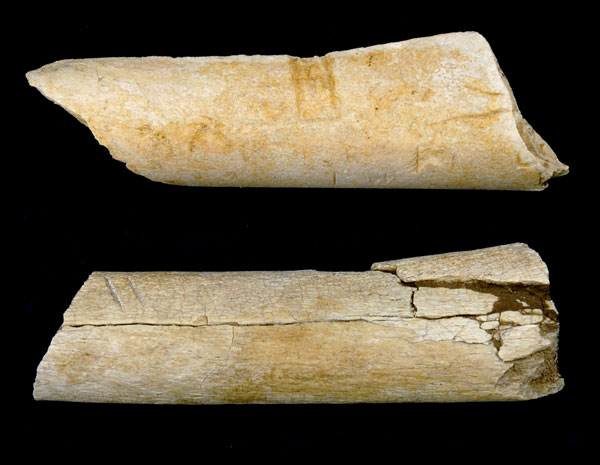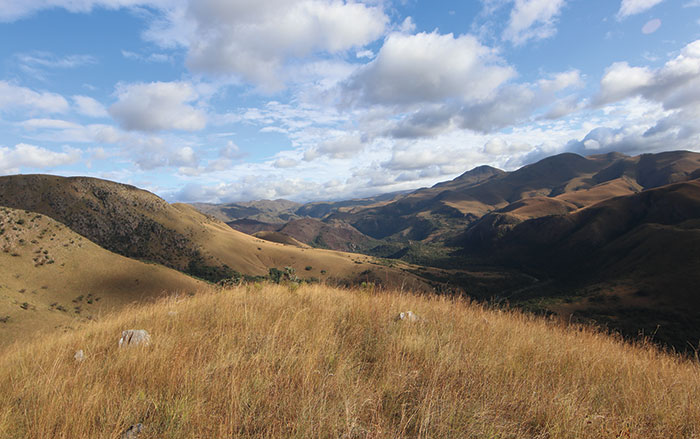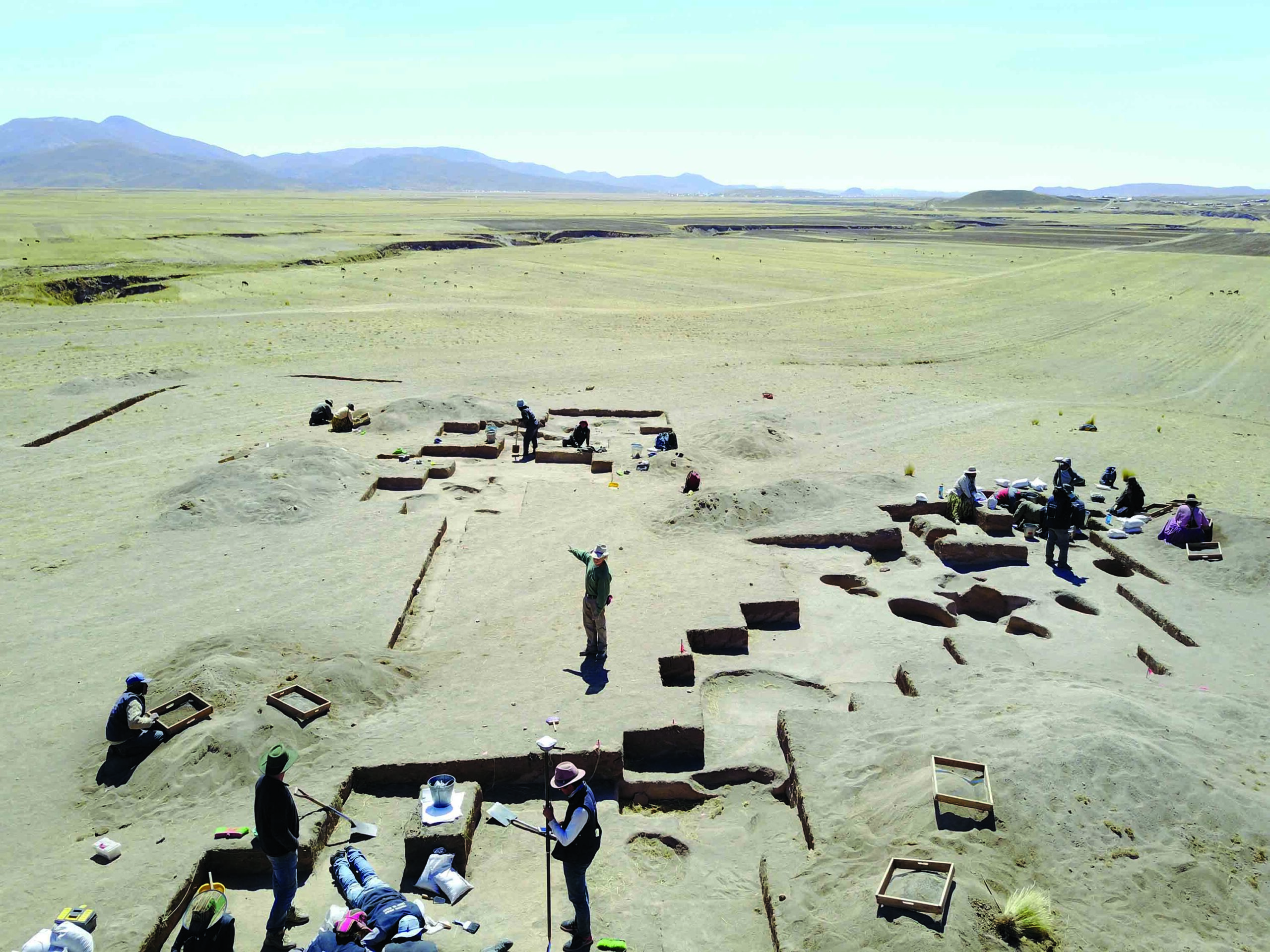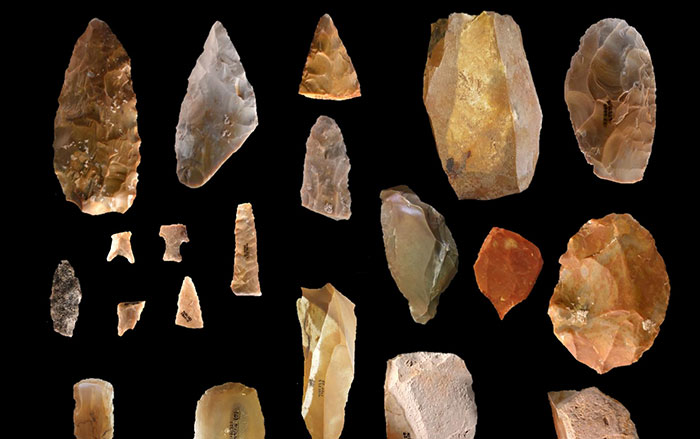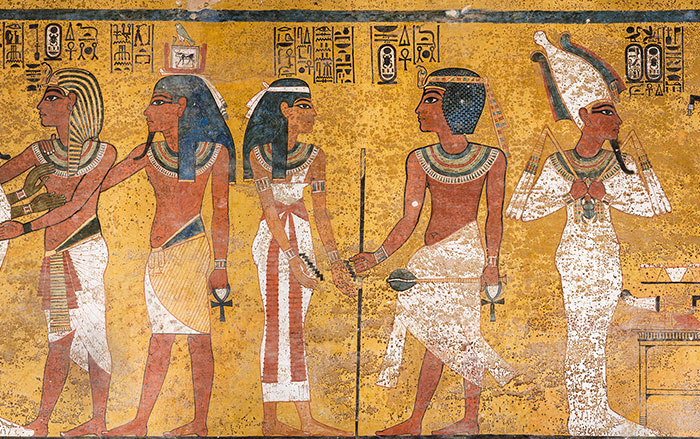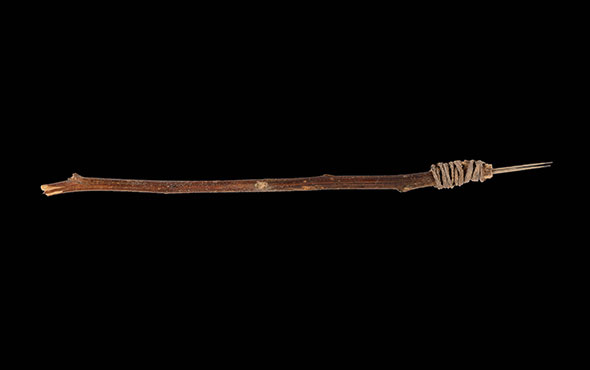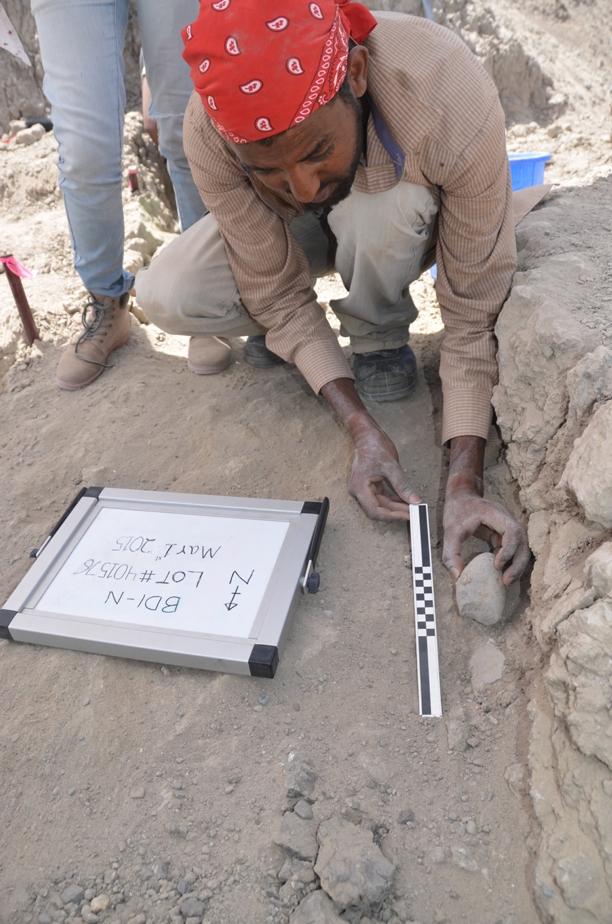
TEMPE, ARIZONA—According to a report in The Independent, researchers led by David Braun of George Washington University and Christopher Campisano of Arizona State University uncovered a collection of 327 Oldowan tools dated to more than 2.58 million years ago in northeastern Ethiopia. Sediments at the site revealed that the tools, found along with animal remains, were dropped at the edge of a water source and quickly buried. “This is the first time we see people chipping off bits of stone to make tools with an end in mind,” explained Kaye Reed of Arizona State University. “They only took two or three flakes off, and some you can tell weren’t taken off quite right. The latest tools seem slightly different in the way they’re made from other examples.” The discovery suggests flaked stone tools were invented multiple times, since these examples are distinct from “percussive” tools made by other primates and earlier human ancestors that date back as early as 3.3 million years ago. After about 2.6 million years ago, at about the time when the teeth of human ancestors began to get smaller, they also became more accurate and skilled tool makers, the researchers explained. For more, go to “Earliest Stone Tools.”


